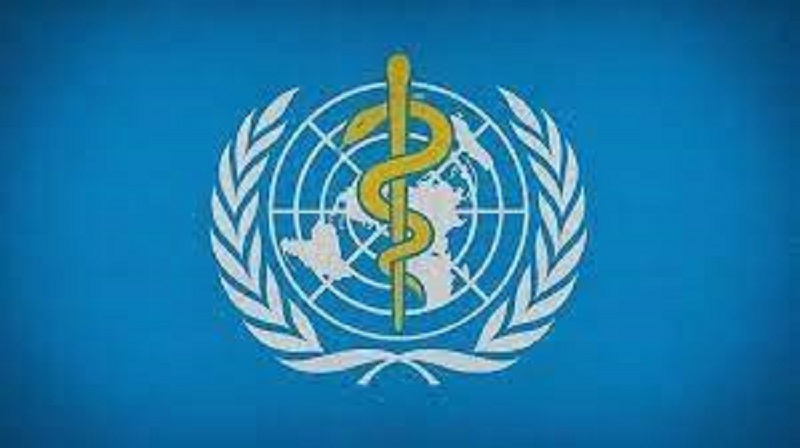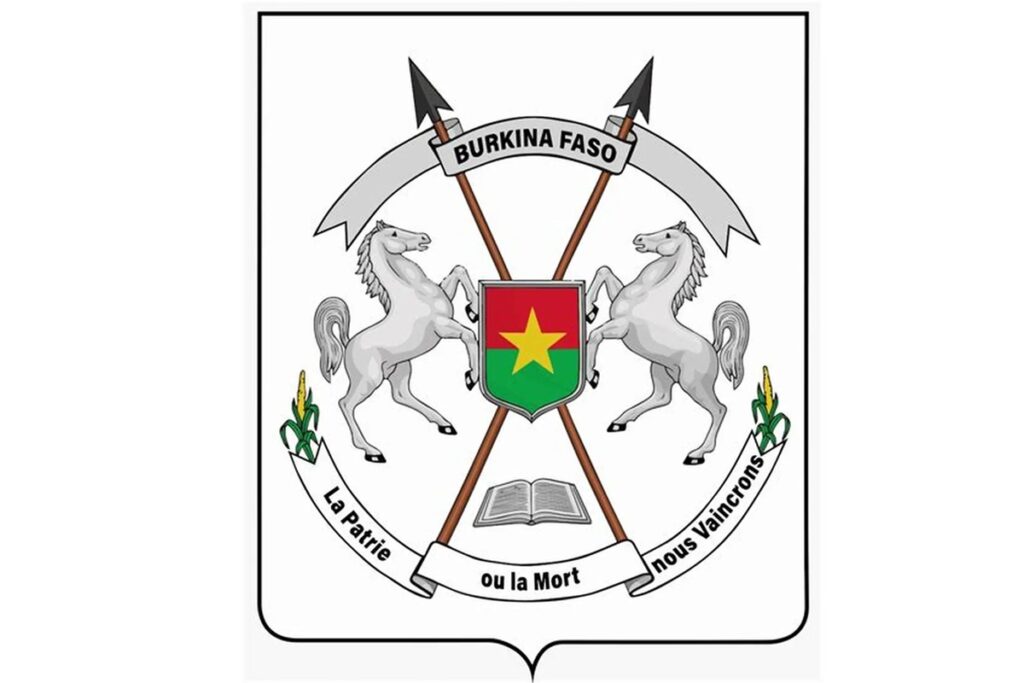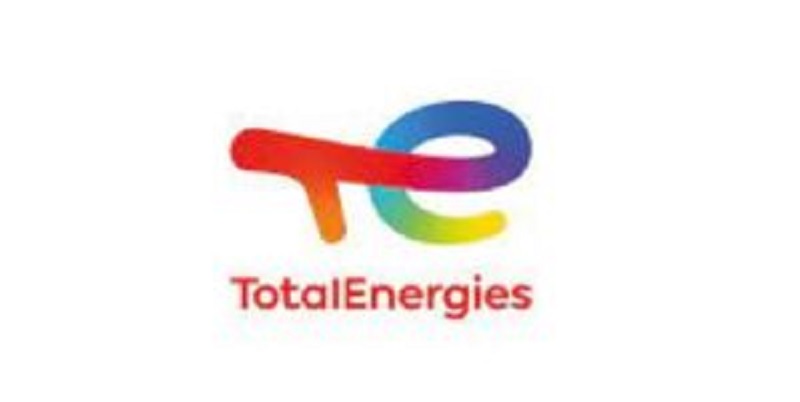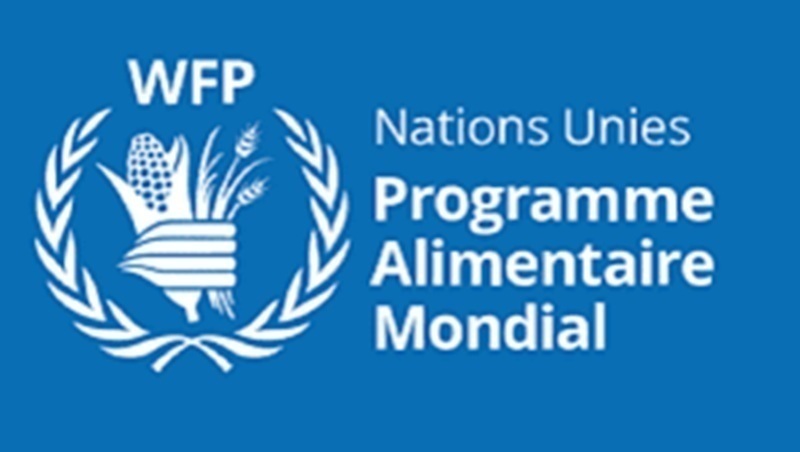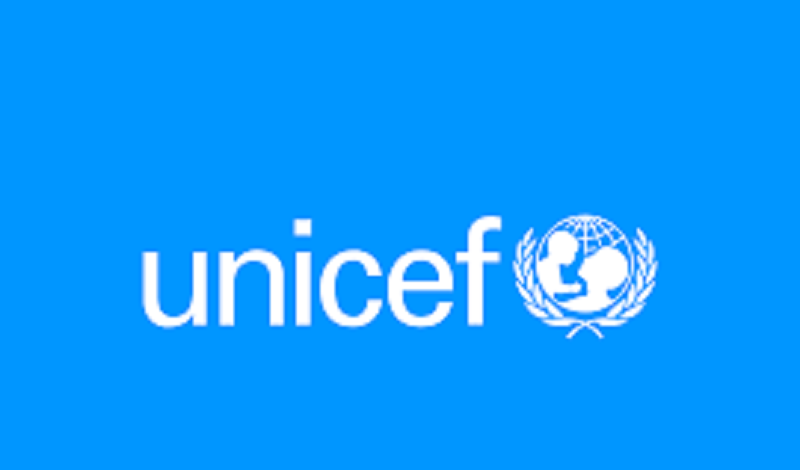POSTE 1 : Consultant International en appui à l’ANSSI – (2301210)
1. Contexte et justification
Dans le monde, plus de 19 millions d’enfants ne sont pas vaccinés chaque année, ce qui les expose au risque de maladies mortelles évitables. Chaque année, plus d’un million d’enfants meurent de maladies infantiles évitables, telles que la poliomyélite, la rougeole, la rubéole ou le tétanos : des pathologies que l’on peut éviter grâce à la vaccination. Près de 30 % des décès d’enfants de moins de 5 ans sont dus à des maladies évitables par la vaccination.
Dans le but de réduire la morbidité et la mortalité maternelles et infantiles, le Gouvernement du Bénin met en œuvre depuis 1982, le Programme Elargi de Vaccination (PEV) qui constitue une priorité de la Politique Nationale de Santé.
Le PEV Bénin dès sa mise en œuvre avait enregistré de bonnes performances entre 1995 et 2000 qui se sont stabilisées autour de 90% vers les années 2010.
Les efforts d’amélioration des indicateurs ont été entrepris avec l’élaboration des plans pluriannuels dont le dernier en date couvre la période 2014-2018 étendu en 2022. La mise en œuvre de ces plans a été possible grâce :
• A l’engagement du pays par l’inscription d’une ligne budgétaire pour l’achat des vaccins traditionnels du PEV et par le cofinancement des vaccins nouveaux et ceux sous utilisés.
• Au soutien du programme pendant des années par plusieurs partenaires tels que l’UNICEF, l’OMS, GAVI, le Rotary International et des organisations de la société civile.
Depuis 2020, les cadres mondial et régional de planification des activités du PEV sont parvenus à leur termes et une nouvelle orientation est disponible (l’Agenda d’Immunisation 2030) et devrait être exploitée par les pays pour la planification de leurs activités. Tirant leçon du passé et en raison des nombreux défis qui se dressent sur le chemin de la vaccination, une nouvelle approche de planification a été proposée et devra être suivie par les pays pour l’élaboration de leurs prochains plans stratégiques pour le PEV, il s’agit de la Stratégie Nationale de Vaccination (NSV).
Le PPAc du Bénin venant à expiration au 31 décembre 2022, le pays se prépare activement à renouveler son plan stratégique pour la vaccination. C’est dans ce contexte qu’il est prévu le recrutement de deux consultants par l’OMS pour appuyer l’élaboration de la NSV du Bénin.
L’élaboration de ce document de Stratégie Nationale de Vaccination 2023-2030 s’impose et s’articule autour des grandes lignes directrices suivantes :
• Analyse de la situation du système de vaccination ;
• Elaboration de la stratégie nationale de vaccination ;
• Détermination du mécanisme de suivi et d’évaluation de la stratégie ;
• Estimation des ressources (coasting) ;
• Consensus sur le budget par les parties prenantes ;
• Approbation de la stratégie nationale de vaccination ;
Afin d’élaborer rapidement la stratégie nationale de vaccination, le ministère de la santé sollicite l’appui technique de l’OMS pour recruter un consultant international qui se chargera de coordonner les activités en collaboration avec les équipes techniques du PEV du ministère de la santé dans la période allant de janvier à mars 2023.
2. Objectifs
2.1. Objectif général :
Soutenir le Bénin dans l’élaboration de sa stratégie nationale pour la vaccination lui permettant d’atteindre les objectifs de l’Agenda d’immunisation 2030 ;
2.2. Objectifs spécifiques
1. Apporter un appui à l’analyse situationnelle du système de vaccination ;
2. Déterminer les stratégies et activités prioritaires ;
3. Déterminer un mécanisme de suivi et d’évaluation de la stratégie ;
4. Apporter un appui au remplissage correct de l’outil de budgétisation de la NSV 2023-2030 et l’analyse des résultats générés par cet outil ;
5. Définir les stratégies de mobilisation de ressources sur la base des Gaps observés ;
6. Elaborer le budget nécessaire à la mise œuvre des stratégies et activités ;
7. Faire approuver la NSV par le CCIA.
3. Résultats attendus
• Les besoins pour la mise en œuvre efficiente de la NSV sont identifiés ;
• La Stratégie nationale de vaccination est disponible.
4. Tâches du consultant national
La Direction de la vaccination et de la Logistique réunira la documentation nécessaire pour appuyer les consultants qui seront recrutés. Les consultants devront apporter leurs expertises aux tâches suivantes :
• Revue documentaire et collecte des données nécessaires pour la rédaction de la NSV ;
• Appuyer le Consultant OMS dans toutes les phases de l’élaboration de la NSV ;
• Animer les réunions de planification et de rédaction organisées par la D/VL ;
• Présenter le draft du document de la NSV à une réunion du CCIA et recueillir les amendements des membres ;
• Intégrer ces observations ;
• Finaliser la stratégie nationale de vaccination.
5. Tâches du consultant international
La Direction de la vaccination et de la logistique réunira la documentation nécessaire pour appuyer le consultant national qui sera recruté. Le consultant devra apporter son expertise aux tâches suivantes :
• Revue documentaire et collecte des données nécessaires pour la rédaction de la NSV ;
• Estimer les besoins nécessaires pour la mise en œuvre du PEV durant les 5 prochaines années ;
• Appuyer le ministère de la santé dans le coasting des besoins ;
• Apporter les orientations nécessaires au consultant national dans toutes les phases de l’élaboration de la NSV ;
• Animer les réunions de planification et de rédaction organisées par la D/VL ;
• Collaborer avec le consultant national dans la finalisation du Plan.
6. Profil du consultant international
• Le consultant international sera identifié avec le soutien d’IST/WA pour l’appui technique au Bénin ;
• Les candidats potentiels doivent fournir des références prouvant leurs capacités et leur expertise en matière de planification dans le domaine du PEV ;
• Etre titulaire d’un diplôme en Economie de la santé ou de santé publique ;
• Avoir des connaissances en suivi évaluation ;
• Justifier d’une expérience d’au moins 10 ans en matière d’élaboration du PPAc ou tout autre document de planification ;
• Avoir des compétences en matière suivi-évaluation ;
• Maitriser le français en parlé et écrit ;
• Avoir une bonne capacité d’analyse et rédactionnelle ;
7. Conditions
• Le Consultant national recruté par le bureau pays sera mis à la disposition du ministère de la santé
• Il va appuyer le Ministère à la préparation et à la mise en œuvre des activités d’élaboration et de finalisation de la NSV
• Il travaillera de concert avec le consultant national et le NPO/PEV de l’OMS.
8. Période de consultance
La présente consultance va durer au total 45 jours en deux ou trois missions. Le contrat prendra effet à compter de la date de sa signature soit de façon prévisionnelle du 15 février à fin mars 2023.
POSTE 2 : Medical Officer / Focal Point Immunization, IST-Central Africa (readvertisement) – (2210639)
OBJECTIVES OF THE PROGRAMME
The Vaccine Preventable Diseases (VPD) Programme is part of and contributes to the work of the Universal health coverage/Communicable and Non-communicable diseases (UHC/UCN) cluster in the WHO African region. The strategic agenda of the cluster is to reduce disease burden in the WHO African Region, by guiding disease control agenda in Africa, and using analytics to inform strategic investments and tailored interventions for disease control”. This approach is underpinned by the guiding principles of comprehensive whole of society, people centered, integrated approaches to disease control. The comprehensive whole of society approaches to disease control involves: (a) coherent implementation of triple response – technical response: implementing diseases specific normative guidance, promoting intervention mixes and deploying medical commodities; health systems response: building capacities of district service delivery systems in disease mapping and stratification, interventions tailoring, and sector/subsector planning; and multi-sectoral response: addressing socio-economic and environmental determinants of diseases through mobilizing non-health sectors, communities and stakeholders; (b) disease control partnership of public and private sectors, health and non-health sectors; and (c) community involvement in targeted high risk communities, focused on managing determinants of diseases, health services demand creation and accountability by local health stewards. The people centered, integrated approaches to disease control involves: (a) integrated guidance on disease control for each health service delivery platform, a move away from stand-alone disease specific guidance; and (b) integrated and efficient disease control investments in strengthening the capacity of appropriate health services delivery platforms through deployment of appropriate technologies and analytics to guide stratification of diseases risks across population groups, development and deployment of comprehensive packages of interventions appropriate for each population group and for each health service delivery platform, and monitoring population access, coverage and impact to leave no one behind.The specific objectives of the UCN cluster and to which the VPD programme contributes, are to: (i) provide leadership on disease control coordination, partnership and resource mobilization; (ii) contribute to the development of WHO disease control technical products, services and tools including adoption of new technologies and innovations; (iii) support generation and use of strategic information for action and decision making including optimizing investment; and (iv) provide or facilitate provision of technical support in deployment of WHO technical products and services and institutional capacity building, including support to national disease programmes and regulatory authorities.
DESCRIPTION OF DUTIES
The incumbent is expected to contribute towards:Leadership on disease control coordination, partnerships, and resource mobilization through: •Building and coordinating a competent and committed team of VPD experts in the development and implementation of strategic and operational initiatives for VPDs control, elimination and/or eradication in the sub-region; •Developing and/or maintaining partnerships on VPDs with relevant bodies in the sub-region including appropriate Regional Economic Communities (RECs); •Advancing sub-regional VPDs advocacy, resource mobilization and optimization of VPDs investment efficiency;•Conceptualizing, formulating, implementing and monitoring bold strategic initiatives on VPDs in the sub-region;•Developing annual “Sub-Regional Disease Outlook” independently or as part of a regional enterprise.Development of WHO disease control technical products, services, and tools through: •Contributing to discussions on priority VPDs Target Product Profiles based on identified country and sub-regional disease control needs;•Strengthening research and innovation that contribute evidence for developing and/or deploying WHO VPDs products and services in the sub-region;•Coordinating the development and dissemination of scientific papers on VPDs as well as multiyear reports on VPDs in the sub-region; •Supporting evaluation of interventions and tools to inform deployment or enhanced deployment of WHO VPDs technical products and tools in the sub-region;Generation of analytics-driven strategic information for disease control agenda setting and interventions tailoring through: •Monitoring socio-political and health situations in member states, facilitating political and social analysis for health action in the sub-region; •Supporting development of capacities for analytics to drive VPDs and other diseases control agenda setting and to guide investments; advocating and supporting use of triangulated data on disease occurrence (incidence and mortality), interventions coverage, health services access, determinants information, to developed tailored national policies and operational responses in member states of the sub-region;•Mainstreaming of GER in VPDs service delivery in the sub-region;•Supporting surveillance systems strengthening and tracking of biological and other threats using available VPDs tools and interventions and using the same information for threat containment in member states of the sub-region. Technical support and institutional capacity building for disease control support through: •Disseminating VPDs technical products and tools in the region, advocating for their rapid deployment in member states of the subregion and in accordance with WHO guidance and local contexts;•Facilitating appropriate technical support in the implementation of WHO VPDs technical products and services in the sub-region, including guidance on comprehensive, whole of society approaches, as well as people-centered and integrated approaches to VPDs and disease control investing; •Coordinating investment of VPDs and other disease programme resources in strengthening health services delivery platforms to deliver optimally for disease control in the sub-region; •Mapping and prioritizing institutions and capabilities in member states of the sub-region for the purpose of WHO capacity institutional capacity strengthening towards domesticating provision of technical, operational research, analytics and training support to member states of the sub-region under WHO oversight, for VPDs and other priority diseases; contributing to managing partnerships and collaborations with the prioritized institutions and to strengthening their capacities;•Strengthening WHO collaboration with the national public health institutes (NPHI) in member states of the sub-region and specialized networks on VPDs, with the aim of facilitating coherence and collaboration;•Perform any other duties as assigned by the supervisor.
REQUIRED QUALIFICATIONS
Education
Essential: Advanced university degree in medicine or health-related science with post-graduate degree in public health.
Desirable: Post-graduate training in epidemiology or social science.
Experience
Essential: •A minimum of ten (10) years’ progressive experience in developing, designing and implementing public health programmes, including VPDs especially in vaccine development, planning, implementation and/or M&E of immunization programmes, with a minimum of 5 years inclusive at the international level in Low and/or Middle-Income countries; •Experience in overseeing implementation, review and updating existing strategies and guidelines and recommending new initiatives;•Experience in resources mobilization and working with variety of partners at international level;•Experience in facilitating coordinated approaches to effective programme management and implementation;•A track record of research, with publications at senior authorship level in academic journals.
Desirable: Experience in epidemiology, and disease control in Africa combined with a sound understanding of the requirements of major immunization partnerships.
Skills
•Extensive experience in thought leadership, problem solving approaches, and use of the logical framework in health programme development; •Extensive knowledge of policies, strategies and programme interventions related to VPD with broad practical knowledge of related programmes, policies and strategies and their application in developing and developed countries; •Proven leadership skills in the planning and coordination of multidisciplinary public health programmes, which should include the implementation of VPD control programmes; •Demonstrated expertise in strategic and multisectoral planning; research; performance monitoring, as applied to programmes and reporting; extensive knowledge and skills in use of data and information for decision-making and strategic planning; track record of recognizing and addressing changing conditions; •Working knowledge of WHO rules and procedures, mandates, strategies and action plans (global, regional and country-specific);•Budgeting and financial management; partnership and resource mobilization; communication and people management;•Ability to exercise leadership and to work effectively with colleagues at national and international levels.
WHO Competencies
Teamwork
Respecting and promoting individual and cultural differences
Communication
Knowing and managing yourself
Producing results
Creating an empowering and motivating environment
Use of Language Skills
Essential: Expert knowledge of English.
Desirable: Intermediate knowledge of French. Intermediate knowledge of Portuguese.
REMUNERATION
WHO salaries for staff in the Professional category are calculated in US dollars. The remuneration for the above position comprises an annual base salary starting at USD 90,664 (subject to mandatory deductions for pension contributions and health insurance, as applicable), a variable post adjustment, which reflects the cost of living in a particular duty station, and currently amounts to USD 4110 per month for the duty station indicated above. Other benefits include 30 days of annual leave, allowances for dependent family members, home leave, and an education grant for dependent children.
ADDITIONAL INFORMATION
- This vacancy notice may be used to fill other similar positions at the same grade level
- Only candidates under serious consideration will be contacted.
- A written test may be used as a form of screening.
- In the event that your candidature is retained for an interview, you will be required to provide, in advance, a scanned copy of the degree(s)/diploma(s)/certificate(s) required for this position. WHO only considers higher educational qualifications obtained from an institution accredited/recognized in the World Higher Education Database (WHED), a list updated by the International Association of Universities (IAU)/United Nations Educational, Scientific and Cultural Organization (UNESCO). The list can be accessed through the link: http://www.whed.net/. Some professional certificates may not appear in the WHED and will require individual review.
- Any appointment/extension of appointment is subject to WHO Staff Regulations, Staff Rules and Manual.
- Staff members in other duty stations are encouraged to apply.
- For information on WHO’s operations please visit: http://www.who.int.
- WHO is committed to workforce diversity.
- WHO prides itself on a workforce that adheres to the highest ethical and professional standards and that is committed to put the WHO Values Charter into practice.
- WHO has zero tolerance towards sexual exploitation and abuse (SEA), sexual harassment and other types of abusive conduct (i.e., discrimination, abuse of authority and harassment). All members of the WHO workforce have a role to play in promoting a safe and respectful workplace and should report to WHO any actual or suspected cases of SEA, sexual harassment and other types of abusive conduct. To ensure that individuals with a substantiated history of SEA, sexual harassment or other types of abusive conduct are not hired by the Organization, WHO will conduct a background verification of final candidates.
- WHO has a smoke-free environment and does not recruit smokers or users of any form of tobacco.
- WHO has a mobility policy which can be found at the following link: http://www.who.int/employment/en/. Candidates appointed to an international post with WHO are subject to mobility and may be assigned to any activity or duty station of the Organization throughout the world.
- Applications from women and from nationals of non and underrepresented Member States are particularly encouraged.

